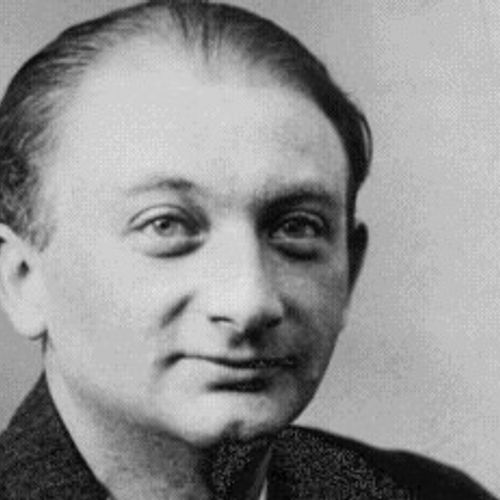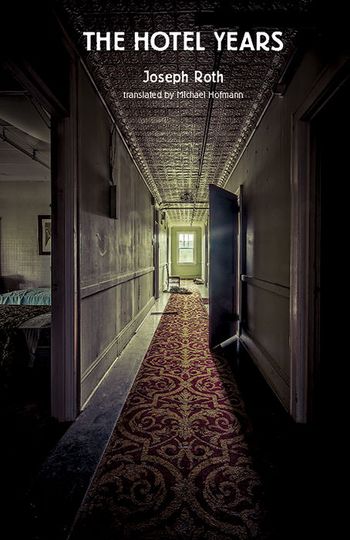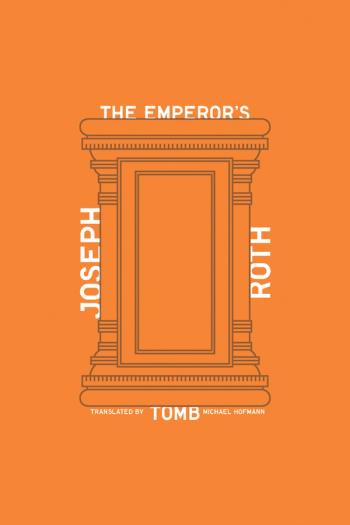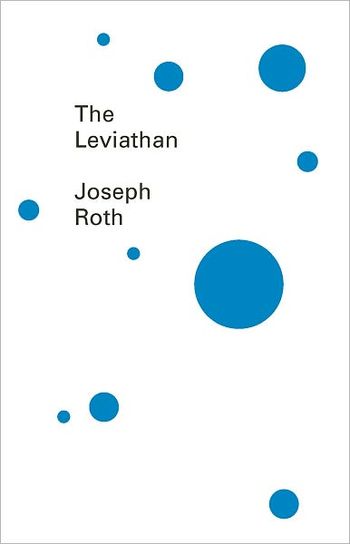Joseph Roth
Joseph Roth (1894-1939), was the great elegist of the cosmopolitan, tolerant, and doomed culture that flourished in the dying days of the Austro-Hungarian Empire. Born into a Jewish family in Galcia, on the eastern edge of the empire, he was a prolific political journalist and novelist. On Hitler’s assumption of power, he was obliged to leave Germany, and Roth died in poverty in Paris.




